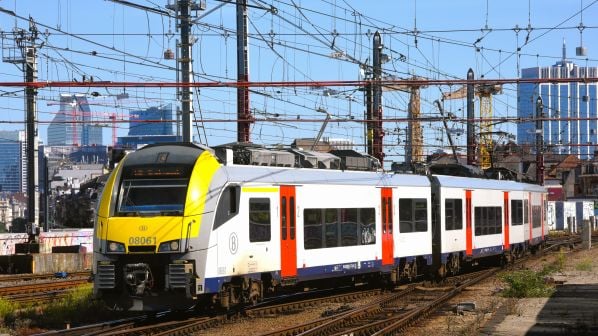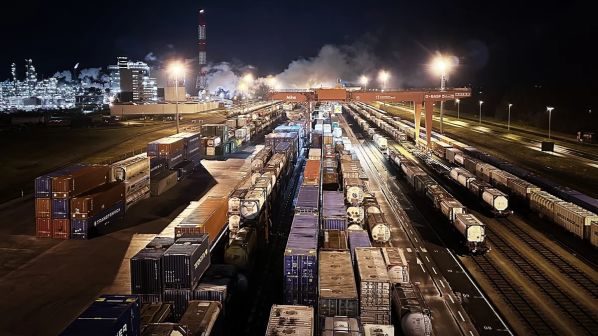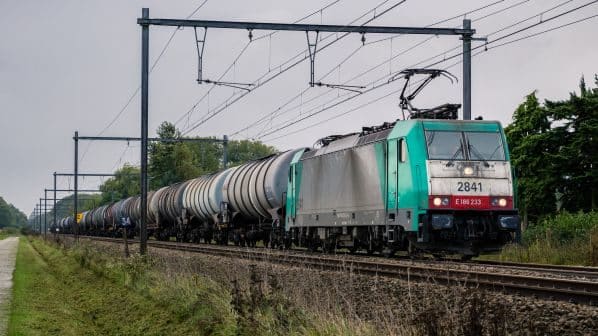THE board of Belgian infrastructure manager Infrabel has approved a loan of up to €1bn to finance priority projects in the company’s 2023-2032 investment plan, with the aim of increasing network capacity as soon as possible.
The loan will be taken in two tranches by the Belgian Federal Debt Agency and made available to Infrabel. The first tranche of €800m will be drawn down in 2025.
Major projects to be funded with the new loan include the completion of infrastructure works for the Brussels RER network which started in 2015. Capacity will be increased on Corridor 3 from Ottignies southeast of Brussels to the border with Luxembourg, while four tracks will be provided between Gent and Bruges.
Projects to increase freight capacity include improvements to the rail connections with the ports of Brussels, Gent and Antwerp.
Infrabel’s performance contract, financial plan and investment plan for 2023-2032 were approved by the federal cabinet in December 2022. A total spend of €16.4bn at 2023 prices has been set for this 10-year period, including investment of €11bn and €5.4bn to fund operations and maintenance.
With 9400 full-time employees and annual investment of over €1bn, Infrabel is a major player in the Belgian economy. A study conducted by Deloitte in 2022 shows every €1 invested by Infrabel has a positive financial impact of €2.83 on national GDP.
“By uniquely arranging its own loan, Infrabel’s board of directors takes responsibility for completing major infrastructure projects such as the RER and major works at ports,” says Infrabel chairman, Mr Jan Cornillie.
“Today's decision by the board of directors is a means to improve the performance of the rail network for the benefit of our customers, modal shift and the national economy,” says Infrabel CEO, Mr Benoît Gilson.
"By implementing the government's decision to borrow €1bn, Infrabel has taken a fundamental step in realising the ambitions set out in the performance contract signed in December 2022,” says federal minister of mobility, Mr Georges Gilkinet.
“After years of underinvestment and truncated budgets, our railway companies are now on an ambitious and, above all, secured financing path for the coming years. New investment will be made to make the train the key element of our future mobility and to achieve the objective of increasing the number of people and the volume of goods transported by rail.”
For detailed data on major infrastructure projects, subscribe to IRJ Pro.




